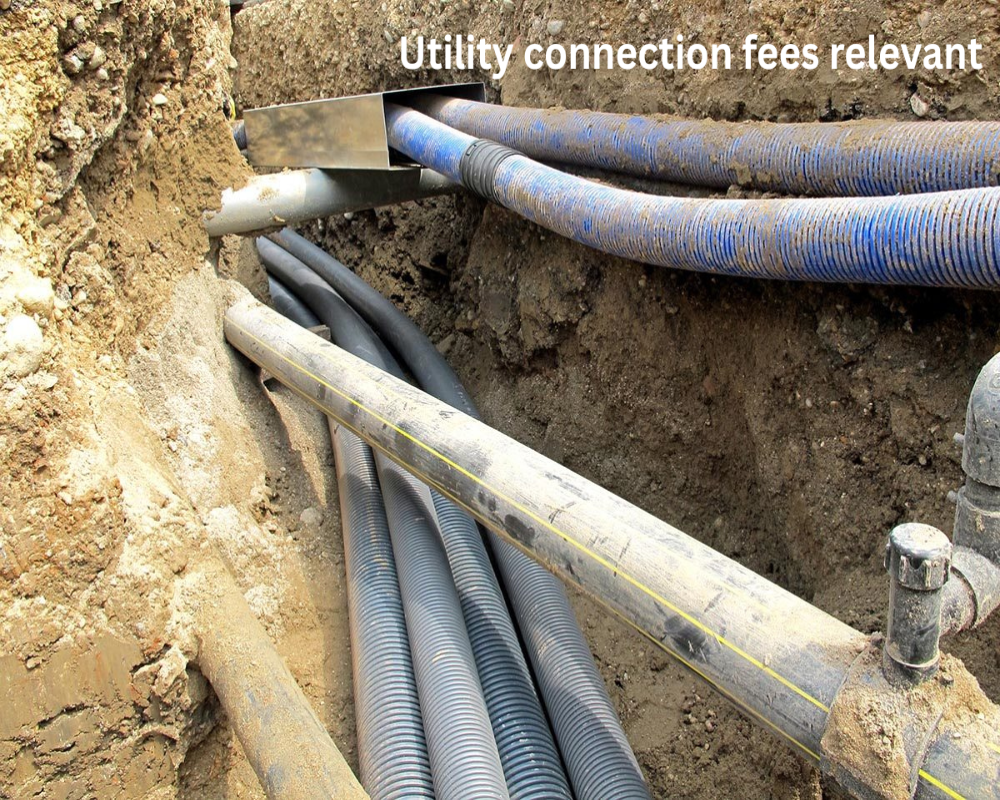Affects Project Budget and Financial Planning
Utility connection fees are upfront costs charged by service providers to connect a site to essential infrastructure such as water, sewer, electricity, or gas. These fees can significantly influence the overall development budget.
- May include charges for meters, permits, inspections, and system extensions
- Varies based on service type, utility provider, and connection distance
- Helps developers estimate total cost of site readiness early in planning
Determines Timing and Permitting Requirements
Many municipalities require utility fees to be paid before issuing building permits or final site approvals. Delays in fee payments can postpone construction start dates.
- Fees must often be paid during the permit application or pre-construction phase
- Connection approvals are tied to utility capacity confirmation and design approval
- Failure to pay on time may lead to denial or suspension of permits
Impacts Long-Term Service Agreements and Capacity Allocation
In some cases, connection fees also secure long-term service rights or allocate capacity for large-scale developments. This is especially relevant for high-demand users like industrial or commercial facilities.
- Locks in access to limited infrastructure resources (e.g., sewer treatment capacity)
- May include impact or system development charges for infrastructure expansion
- Helps ensure reliable service availability throughout the life of the project


